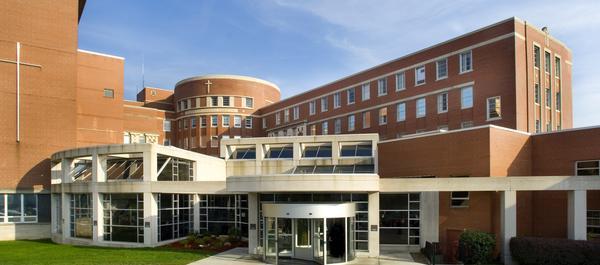
Carotid endarterectomy is a surgery used to treat carotid artery disease. During this procedure, a cardiothoracic surgeon removes plaque from one or both carotid arteries in the neck to restore normal blood flow to the brain with the goal of preventing a stroke.
Your doctor may suggest carotid endarterectomy if you:
- Have experienced a transient ischemic attack (TIA) or stroke and have moderate blockage of a carotid artery
- Haven't experienced a TIA or stroke but have severe blockage of a carotid artery
What to Expect: Carotid Endarterectomy
Carotid endarterectomy requires a stay in the hospital. The procedure is performed under local or general anesthesia and takes about two hours to complete. You can expect the following on the day of your surgery:
- Your surgical team will prepare you to receive either local or general anesthesia.
- If you will receive local anesthesia, you will be awake during the procedure, but the place on your neck where the surgeon will make the incision will be numb.
- If you will receive general anesthesia, you will be asleep during the procedure.
- The surgeon will make an incision near the blocked artery and access the blocked artery.
- The surgeon will then remove the plaque from the artery, repair the artery, and close the incision in your neck.
You will stay in the hospital for one to two days to recover. You should arrange for someone to drive you home from the hospital.
Upon your return home, be sure to follow all of your doctor's orders for a proper recovery. You may continue to feel some pain. Over-the-counter pain relievers may help. Avoid any strenuous activities for as long as your doctor recommends.
Your carotid endarterectomy care team may include specialists from these services:
Not everyone is an ideal candidate for carotid endarterectomy. Your doctor will talk to you and fully assess your condition and symptoms before deciding if it's right for you.

